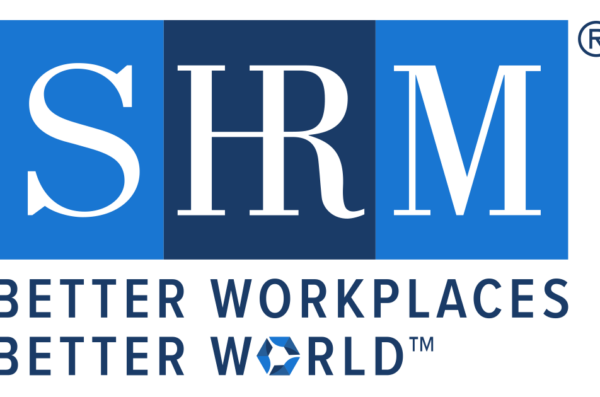Why study Management?
Management is a key tool for businesses and organizations to accomplish a goal. Students gain a broad perspective on how organizations navigate the art and science of leading and managing people to get to work done.
With a varied curriculum encompassing management consulting, leadership and managerial skills and managerial logistics Bachelor of Science in Management from UIC Business master the skills to excel in and lead teams, negotiate conflict and develop strategies to help a business succeed.
Management students can opt for a concentration in management consulting, leadership and managerial skills and managerial logistics.
For a full list of courses offered, visit the Course Catalog.
Program Outcomes Heading link

Program Outcomes
With a degree in management from UIC Business, you’ll learn to:
- Develop personal leadership skills
- Manage and motivate people at work
- Apply management principles to business problems
- Employ conflict resolution skills within the workplace
- Recognize how global factors influence decision-making
- Understand how social responsibility relates to business
- Identify efficient distribution channels
- Analyze the competitive position of a company
BS in Management Degree Requirements
Life After Graduation Heading link
Key Skills

UIC Business Management majors are instructed by industry leading faculty to master essential skills to lead tomorrow’s business ventures.
Become a Leader
- Learn how to negotiate and solve conflicts in MGMT 463
- Understand how to support and leverage diversity in MGMT 466
- Develop your own personal leadership skills in MGMT 475
Build Sustainable and Ethical Businesses
- Learn how to develop mutually beneficial business relationships with government officials, community members, and the media in MGMT 350
- Understand how to design and implement corporate sustainability and responsibility programs in MGMT 485
- Learn about regulatory, ethical, social, cultural, and sustainability issues in our increasingly global economy and markets in MGMT 460
Develop Critical Thinking and Analytical Skills
- Gain key data and analytical skills important for consulting work in MGMT 360
- Use the strategic tools employed by consultants on a variety of cases in MGMT 490
Life After Graduation

Become a Consultant
- Use your analytical skills to help organizations overcome the challenges they face
Take on a Role in Management
- Leverage the managerial skills you learn in your classes and the experience gained in internships to manage projects, products, or people
Work in Sustainability and/or on Social Issues
- Businesses and organizations are adding new departments and positions focused on corporate social responsibility; diversity, equity, and inclusion; sustainable business; etc.
- Pursue a Career in Supply Chain Management & Logistics
- Help businesses improve their customer experience, increase their profitability, and maximize the quality of their goods and services
Go to Graduate School
- The skills you learn in the management degree prepare you for the rigors of postgraduate education
Management Focused Student Organizations Heading link
Program Faculty Heading link

Featured Course: MGMT 350 Heading link
Interactive and diverse educational experiences include:
Building block towers to experience competing stakeholder goals, flipping coins to simulate corporate governance, live auction to see cognitive biases in action.
Town Hall meeting to strategically use nonmarket strategies. Video cases with actual footage of real events.
Examining videos from the BP Deepwater Horizon Oil Spill to assess crisis communications and media management
Breakout groups for peer-to-peer learning and small discussions
Talk with your classmates about Starbucks’ strategic choices in response to stakeholder pressures – use of plastic straws, discrimination against customers, employee complaints, etc.
Guest speakers from Chicago organizations. Group project to assess a strategic/ethical dilemma on campus and offer implementable solutions








